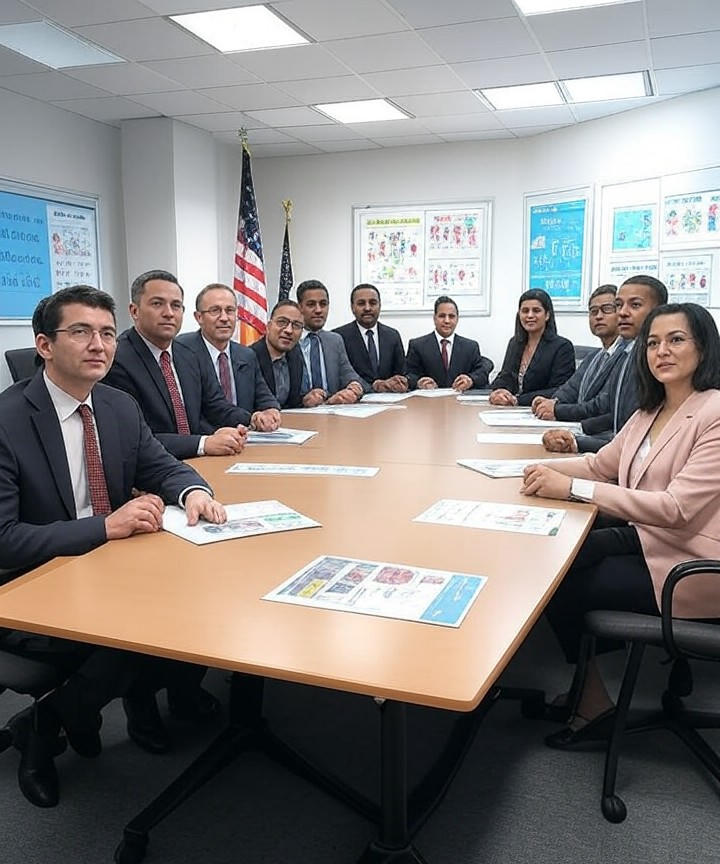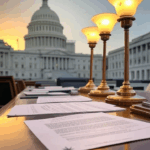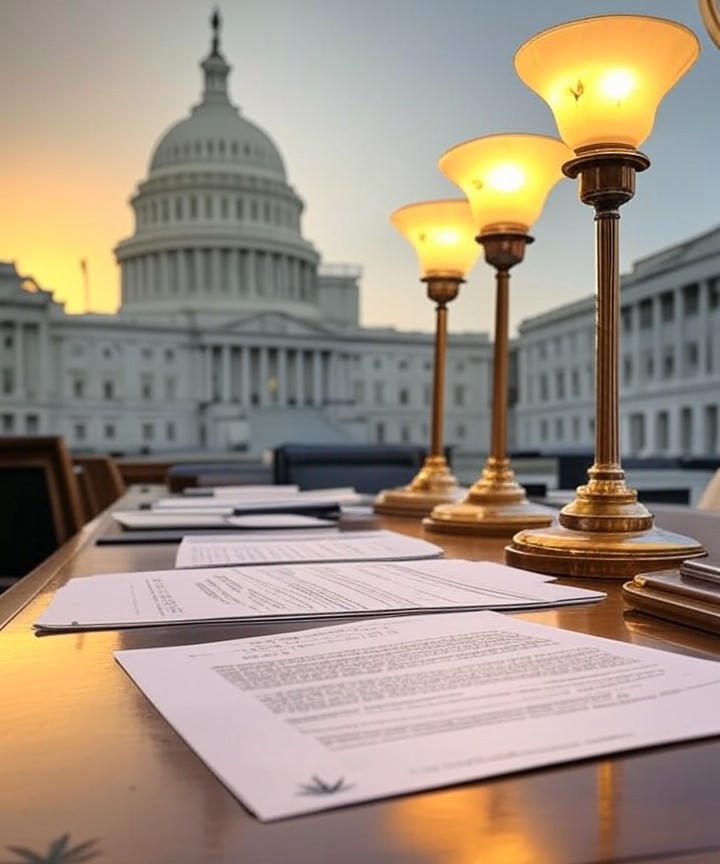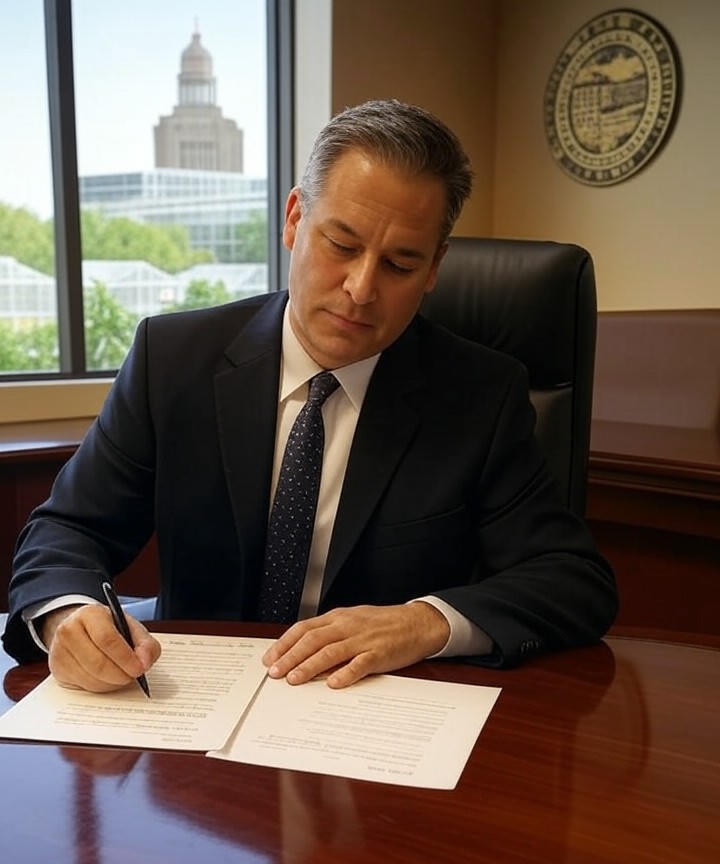Trump Administration Unveils Plan to Educate Public on Marijuana’s Impact on Youth
The Trump administration has launched a comprehensive initiative aimed at educating the public about the potential risks of marijuana use on youth health. The “Make Our Children Healthy Again” (MAHA) plan, led by the U.S. Department of Health and Human Services (HHS) under Secretary Robert F. Kennedy Jr., will involve a range of initiatives to raise awareness about the impact of marijuana, as well as other substances, on children’s health.
As part of the plan, the U.S. Surgeon General will launch an educational campaign highlighting the dangers of marijuana use among youth. The Food and Drug Administration (FDA) and the Bureau of Alcohol, Tobacco, Firearms, and Explosives (ATF) will also work together to increase enforcement on illegal vaping products and raise awareness about the risks of unapproved vaping products targeting children.
The MAHA plan is part of a broader effort to address the childhood chronic disease crisis in the United States. The initiative will also focus on educating the public about the dangers of synthetic opioid products, including the synthetic kratom alkaloid 7-OH, which is distinct from natural kratom.
Kennedy, who serves as chairman of the MAHA Commission, emphasized the importance of taking action to protect children’s health. “To turn the tide and better protect our children, the United States must act decisively,” he said. “We will begin reversing the childhood chronic disease crisis by confronting its root causes—not just its symptoms.”
The plan has been met with mixed reactions, particularly among those who support marijuana legalization. However, Kennedy has been vocal about his support for marijuana legalization in the past, although he has been more muted on the issue since being confirmed as chairman of the MAHA Commission.
The Trump administration’s plan comes as the administration and Congress are considering other key cannabis proposals, including a plan to move marijuana from Schedule I to Schedule III of the Controlled Substances Act (CSA). The plan would allow state-licensed marijuana businesses to take federal tax deductions and help address current research barriers for the Schedule I substance.











